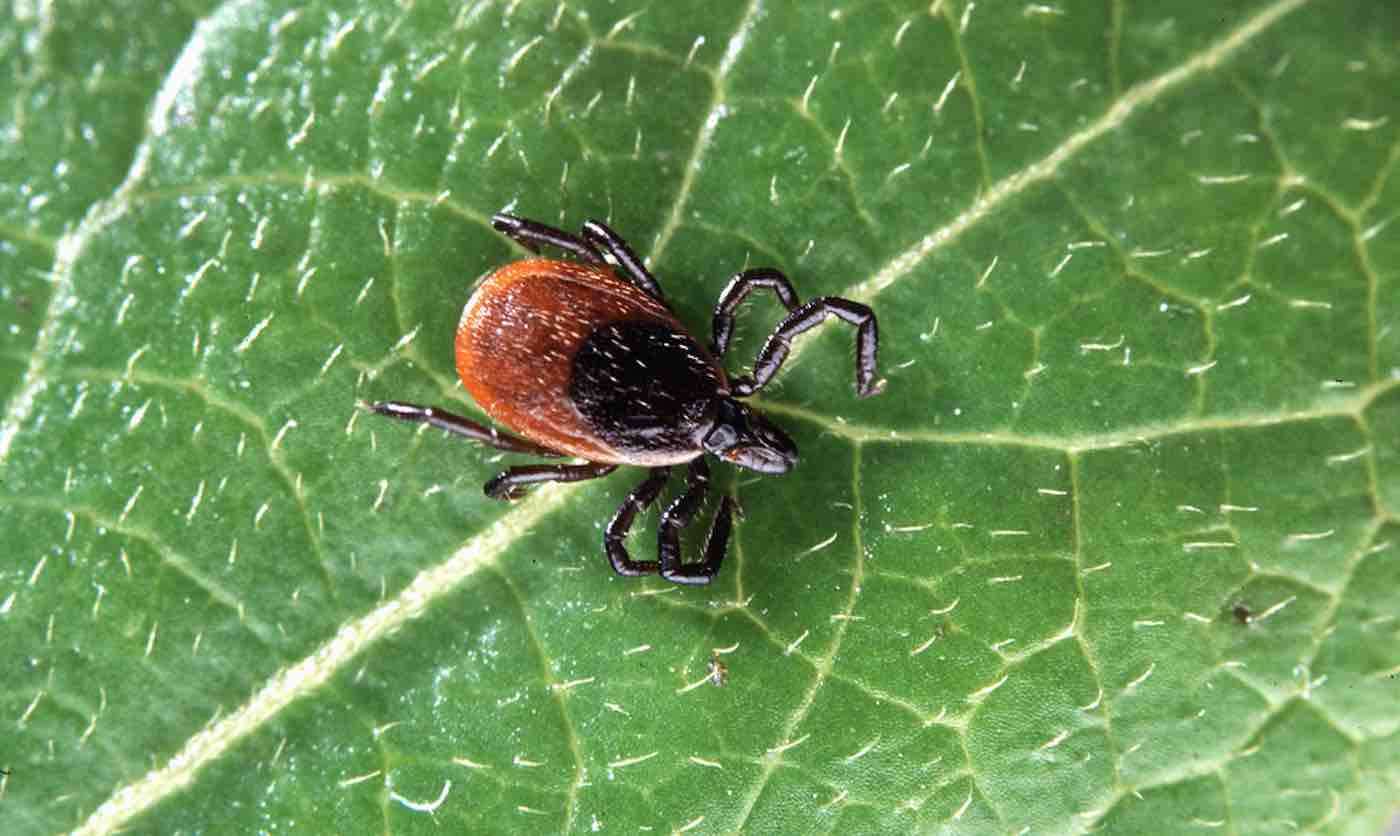Dispel Lockdown Woes and Hectic Holidays With Simple, Science-Backed Tips For Boosting Mood
Mindfulness routines like tea and walking in nature are a good way to moderate stress, but wintertime holidays can make routines hard.

Researchers at Baylor College along with Texas Children's Hospital's Center for Vaccine Development have received an $860,000 grant from the Department of Defense to develop a recombinant protein vaccine for Lyme disease—the most common vector-borne disease in the U.S. military and in the general U.S. population.
"We have partnered with the experts that have identified a novel vaccine antigen and plan to accelerate its development as a new prototype vaccine from the bench into the clinic," said Dr. Maria Elena Bottazzi, associate dean of Baylor's National School of Tropical Medicine at Baylor College of Medicine and co-director of Texas Children's Center for Vaccine Development.
No human Lyme disease vaccine is currently available, she added. And, those candidates that have advanced into clinical trials have not developed a safe and effective or efficient response
Lyme disease, transmitted by the bacteria Borrelia burgdorferi, can infect at the site of the tick bite and then survive in the bloodstream and spread to the heart, joints or brain, resulting in arthritis, neurological abnormalities, and carditis.
According to the Centers for Disease Control and Prevention, approximately 300,000 Americans are infected annually, especially in the Midwest and Northeast, including New York state—and with warmer temperatures becoming the norm, the disease cases have been geographically expanding in the past 20 years.
Researchers from Baylor will partner on this work with Lyme disease experts from the Wadsworth Center, New York State Department of Health.
A Baylor College news release reports the team will develop a process to manufacture the vaccine prototype and define host immune responses triggered by the prototypic vaccine under different regimens, including different doses, number of immunizations and type of immune-stimulants, to identify the most efficient way to prevent bacterial colonization and Lyme disease manifestation.
"Contributing to this work and applying our strict quality system practices will be crucial to realize our long-term goal to develop a Lyme disease vaccine, and our vaccine center is well poised to achieve the goals of the project," said Dr. Wen-Hsiang Chen, assistant professor of tropical medicine at Baylor and director of vaccine quality control and analytical development at Texas Children's.
"This program builds nicely on our strengths in identifying Lyme disease bacterial proteins as vaccine candidates and investigating how injecting these vaccine candidates blocks tick-to-human transmission of bacteria and/or prevents the disease manifestations," said Dr. Yi-Pin Lin at Wadsworth Center, New York State Department of Health.
"This study will significantly benefit the quality of life for U.S. Service members, their families and the general public around the globe."
Spread The Good News to Your Friends on Social Media…
Be the first to comment